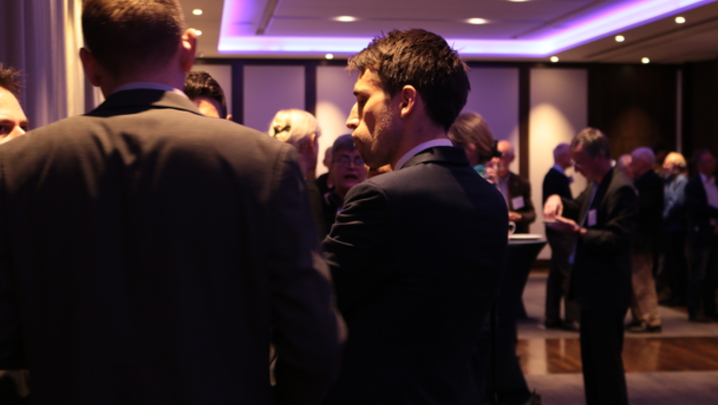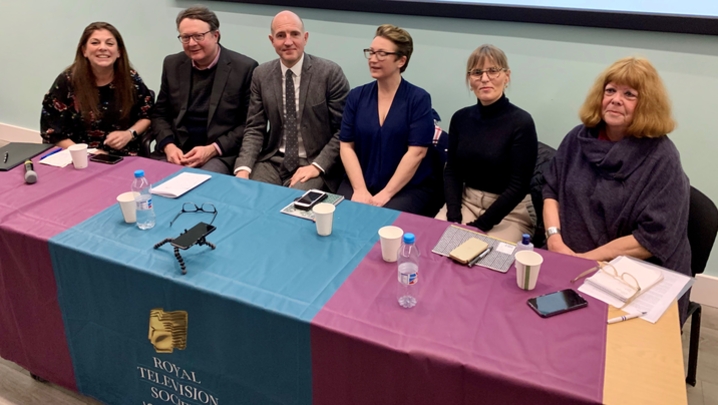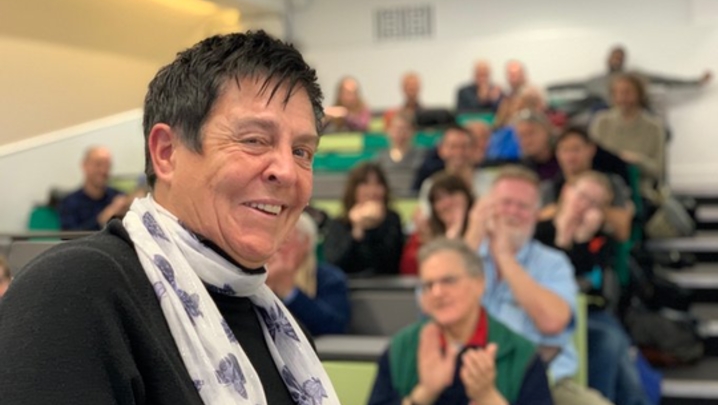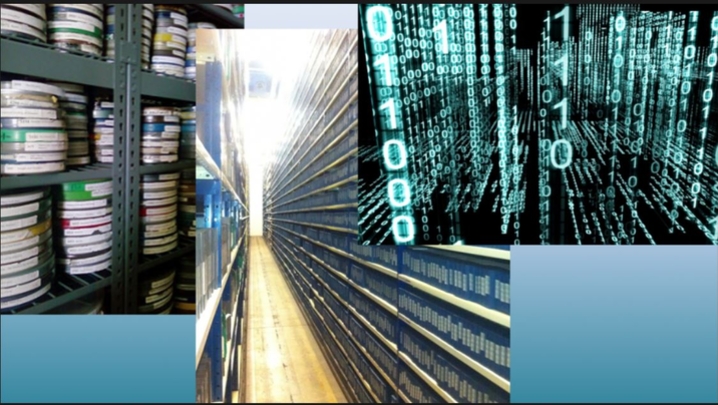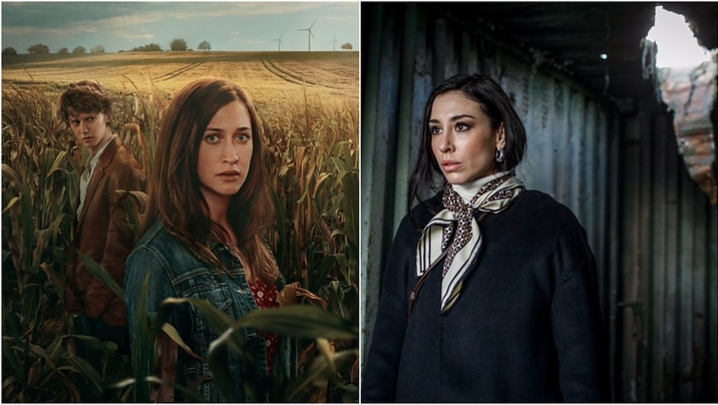Futurist David Wood warns of technology's potential to run out of control
Renowned futurist David Wood has warned against a world in which “technology runs out of control” and viewers and consumers are “manipulated” by machines.
Wood was speaking on the “Accelerating digital revolution” at a special members-only London Centre event, hosted at IBC, in October.
The futurist, he explained, “anticipates a set of possible futures, including things that could go very badly [wrong], but, equally, is looking for opportunities”. Before embarking on a career as a technological seer, Wood was a pioneer of the smartphone industry.
“As a society, we’re not very good at anticipating big, disruptive change,” Wood argued, pointing to the US newspaper industry and high-street music shop HMV as two businesses that did not see online competition coming and, as a result, were brought to their knees.
“In the short term, we overestimate what technology will do,” said Wood, with the result that, initially, it doesn’t live up to expectations. However, he added: “In the long term, we underestimate it.”
Wood outlined a possible future in which people were manipulated by machines. Powerful computers would be able to “make more and more accurate inferences” from the data people “leak” online. “Software will know how we can be exploited by carefully targeted approaches,” he said.
Such a situation is not so far-fetched. Even now, said Wood, “more advertising is going to Google and other internet search engines because they already know a lot about us. That’s why Google has attracted so much advertising revenue – the adverts are shown only when they’re most likely to interest viewers. That’s just a foretaste of what’s going to come. As software observes us more and more – and sees which channels we click on – it will target adverts even better.”
He predicted: “Over the next five or 10 years, people are going to be alarmed about the ways in which they are manipulated by advertising.”
Politicians, said Wood, could “respond to public disquiet” by, for example, legislating against cookies on websites. But this “techno-conservative approach”, which sought to put a brake on technological progress, “would be undesirable. I want to get to the things I genuinely want to buy more quickly.”
The solution, he argued, was to build “a human future with technology, rather than one in which the technology runs out of control – or one in which the politicians and other techno-conservatives take the innovation out of technology”.
Wood said he wanted a future with “humans in control, with technology that works not just for the vendor but also on the side of the consumer”.
The chair of the London event, consultant Katz Kiely, asked for contributions from the select audience of technology and TV experts. Nigel Walley, MD of media consultancy Decipher, argued that change in television did not happen as quickly as technologists assumed it would.
He recalled that Anthony Rose, while heading the BBC’s iPlayer project, had predicted the rapid demise of linear broadcasting and its replacement by video-on-demand content. “Part of Anthony’s problem was that he was expecting things to happen too quickly,” said Walley. “He was unable, as a technologist, to understand the social and human role that TV has.”
Technology, though, could make inroads into more surprising areas. “I can see a world in which scheduling decisions can be informed by data,” said Walley.
“I’m surprised that there isn’t an algorithm out there that has gone back through the last 10 to 15 years of Barb data and figured such things out,” added UKTV’s Simon Jackson.
Chris Waiting, from Associated Press, pointed out that computer algorithms already wrote news stories. “The algorithm can take a news story, find video clips and photos from an archive and assemble a one-minute package with a computer voiceover. Would you run it on News at 10? No. Is it good enough to have on an app? Absolutely,” he said.
“News is pretty formulaic,” added Waiting, “but can you imagine a computer commissioning or producing a drama?”
“There are only seven plots [in drama],” reckoned Kiely. He asked: “At what point do we give a [computer] a plot, a number of characters and ask it to do all the things you have to do to write a good screenplay?”



